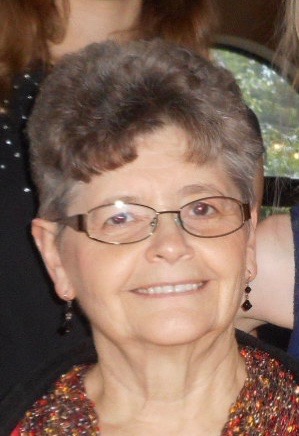A Parkinson’s diagnosis can be scary when faced alone. Thankfully, Carolyn Krahn’s diagnosis was met with the support and knowledge of her friend Elizabeth, who had already been living with the disease for some time. Elizabeth visited the home of Carolyn and her husband Harold, providing them with reading material and inviting them to the local Parkinson Society British Columbia (PSBC) support group.
In 2013, Carolyn retired from paid employment and was able to attend the support group more often. Soon thereafter, she began to help Elizabeth with secretarial and treasury duties, finding that the tasks fit well with her own skillset. As secretary/treasurer, she worked closely with the facilitator, and when the facilitator needed assistance, Carolyn stepped in to share the duties. To this day, she acts as the co-facilitator, helping to plan and chair support group meetings. Carolyn explains, “I tend to have a positive outlook on life, so I have tried to approach our meetings with that attitude. Our experiences at the recent World Parkinson Congress (WPC) in Portland strengthened that.”
Carolyn has experienced, first hand, the benefits of volunteering, such as vital volunteer-run programs and educational opportunities like the WPC. On a personal level, volunteering has widened her circle of friends, allowing them to exchange ideas and encourage each other. Inspired by how Elizabeth helped her with her own Parkinson’s journey, she wishes to extend that knowledge to others who have been affected by the disease. She says, “For people who are newly diagnosed, it is not always easy to admit it and seek help. My hope is that when new people come to our group, they will see others living as well as they can in spite of PD, and that it will be an encouragement to them.”
Over the years, Carolyn has explored volunteering and giving back in other ways. Through the Movement Disorder Clinic at UBC, she became aware of the need for research participants. She volunteers for Parkinson’s related studies whenever she can, in the hopes that a cure will eventually be developed and disease management techniques can be improved. She participates in Parkinson SuperWalk alongside other members of the support group. When PSBC issued a callout for advocates to speak to MLAs about Parkinson’s disease and the need for improved funding and education, Carolyn and Harold took up the challenge. Together with CEO Jean Blake, they visited their local MLA and encouraged people with Parkinson’s from other ridings to do the same.

